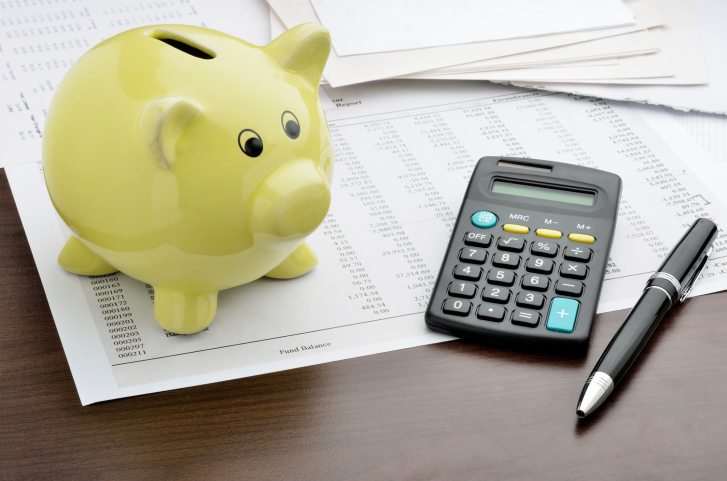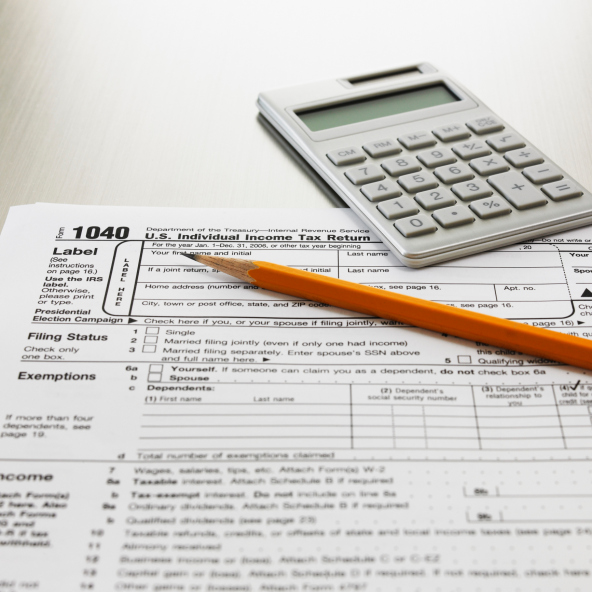
Purchasing a home is one of the most significant financial decisions many individuals make in their lifetime. It involves a substantial investment of money and requires careful consideration to ensure long-term financial stability. To navigate the complexities of the home-buying process, it’s essential to be well-informed about the various financial considerations involved. In this blog post, we will explore key factors to consider when buying a home to help you make informed decisions and achieve financial success.
Establishing a Realistic Budget:
Before diving into the home-buying process, it’s crucial to establish a realistic budget based on your financial situation. Consider factors such as your income, existing debts, credit score, and other financial obligations.
Saving for a Down Payment:
Saving for a down payment is a significant aspect of buying a home. Lenders typically require a down payment, which is a percentage of the home’s purchase price. Saving for a substantial down payment not only reduces the overall loan amount but also helps secure better mortgage terms, such as lower interest rates. Aim for a down payment of at least 20% to avoid private mortgage insurance (PMI) and decrease your monthly payments.
Understanding Mortgage Options:
Explore different mortgage options to find the one that suits your financial goals and circumstances. Common types of mortgages include fixed-rate mortgages, adjustable-rate mortgages (ARMs), and government-insured loans. It’s essential to carefully evaluate interest rates, terms, and potential risks associated with each type before deciding.
Considering Closing Costs and Additional Fees:
In addition to the down payment, be prepared for closing costs and other fees associated with purchasing a home. Closing costs typically include expenses like appraisal fees, loan origination fees, title insurance, and attorney fees.
Evaluating Long-Term Affordability:
While you may be able to afford the monthly mortgage payment currently, it’s essential to consider long-term affordability. Consider potential changes in your income, lifestyle, and expenses. Ensure that you have a realistic understanding of how your finances may evolve over time, accounting for future goals like starting a family, education expenses, and retirement planning.
Assessing Property Taxes and Insurance:
Property taxes and homeowners’ insurance are ongoing expenses that come with homeownership. Research the property tax rates in the area where you plan to buy a home and include them in your budget.
Maintaining an Emergency Fund:
Owning a home comes with unforeseen expenses, such as repairs, maintenance, and unexpected emergencies. Aim to have three to six months’ worth of living expenses set aside in an easily accessible savings account.
Getting Pre-Approved for a Mortgage:
Before house hunting, consider getting pre-approved for a mortgage. This process involves a lender reviewing your financial situation and creditworthiness to determine the amount they are willing to lend you. Pre-approval provides a clear understanding of your budget, strengthens your bargaining position with sellers, and speeds up the closing process once you find your dream home.
When buying a home, making well-informed financial decisions is crucial for your long-term financial well-being. Remember to evaluate long-term affordability and maintain a financial cushion to handle unexpected costs. By following these financial considerations, you’ll be better prepared to embark on your homeownership journey and achieve financial success in the long run.



